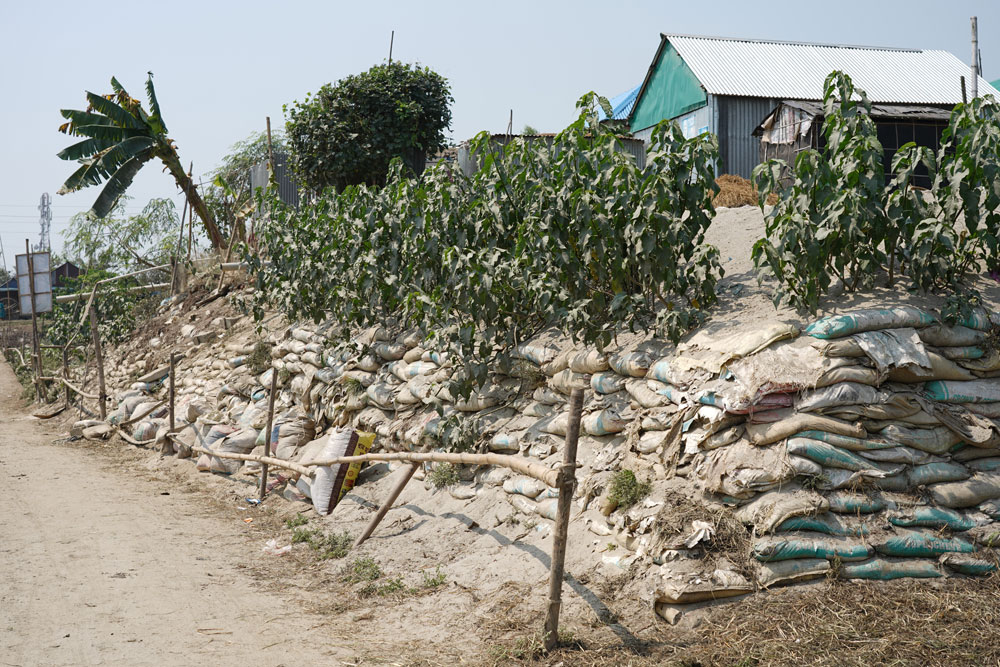Strengthening Household Ability to Respond to Development Opportunities (SHOUHARDO) – III is a Development Food Assistance Program funded by United States Agency for International Development (USAID) and the Government of Bangladesh (GoB) whith CARE providing technical, compliance and quality support.
The program is designed to reduce poverty and vulnerability of the poor and extreme poor people in the Northern part of Bangladesh. SHOUHARDO III commenced in January 2016 and will continue until September 2020. Peoples’s Oriented Program Implementation (POPI) has been implementing SHOUHARDO III program from January 2016 in two districts of Haor region covering four Upazillas of Kishoregonj (Nilli, Mithamoin, Itna and Austagram) and three Upazillas of Netrakona district (Madan, Kalmakanda and Khaliajuri). Under these seven Upazilas POPI has been working with 27,862 households covering 229 villages from 32 Unions.

